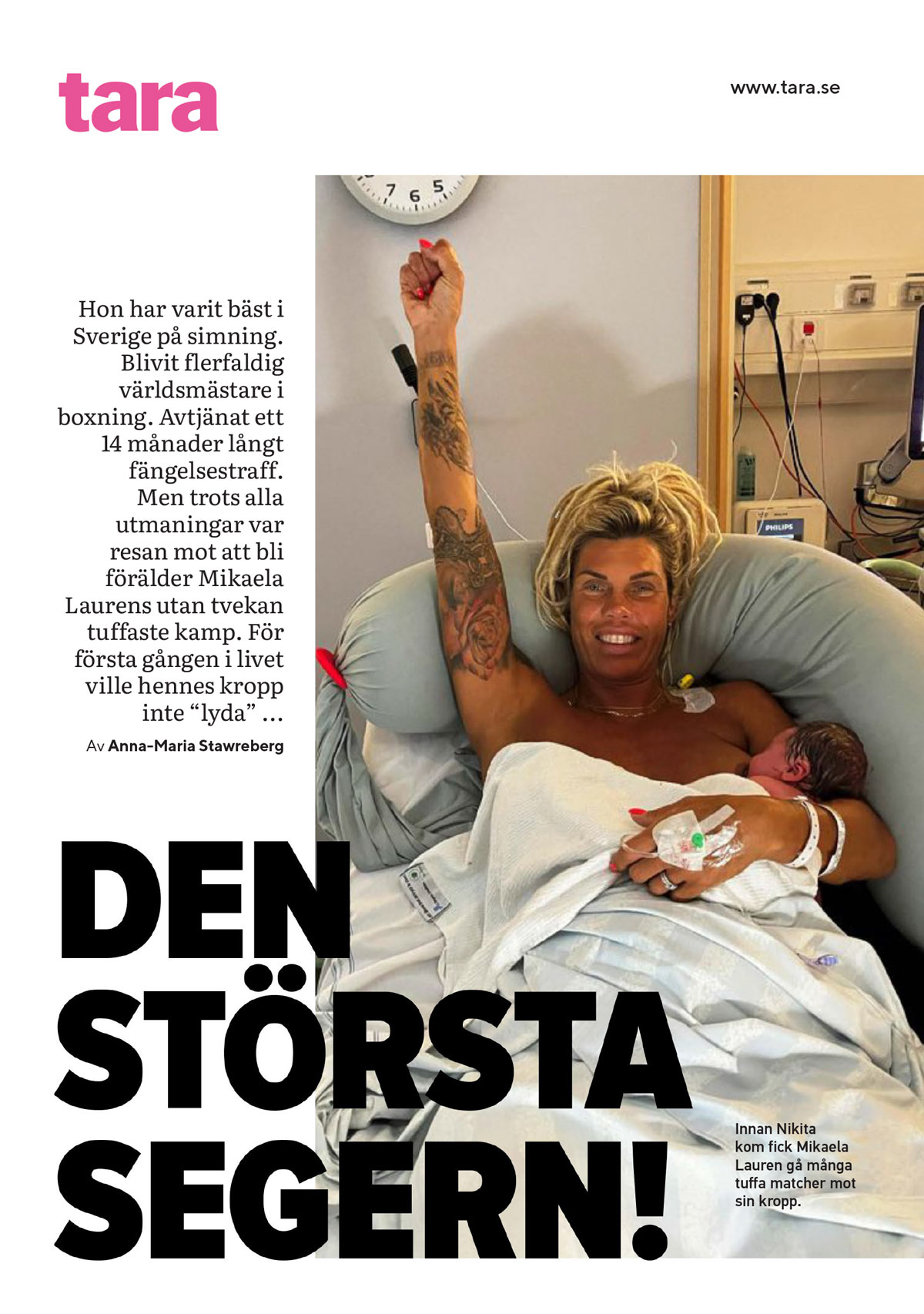
Tara (Sweden) | By Anna-Maria Stawreberg | Translation from Swedish by Anna Svarinskaya
Read the original version on Swedish here →
Before Nikita came, Mikaela Lauren had to go through many tough matches against her body
She has been the best in Sweden at swimming. Became multiple world champion in boxing. Served a 14-month prison sentence. But despite all the challenges, the journey towards becoming a parent was undoubtedly Mikaela Lauren's toughest battle. For the first time in her life, her body didn't want to "obey".
Spring 2020. The pandemic has paralyzed the world and Mikaela Lauren is sitting and crying at Heathrow in London.
She has just realized that she might miss the most important match of her life. She won't be able to be a mother.
Years of trying will be in vain. Months of hormone treatment to no avail.
The last chance, the one that the friend told her about, at O.L.G.A. clinic in St. Petersburg, has just disappeared.
She will miss the medical appointment and thus also the implantation of the fertilized egg that is waiting. She is sitting with the boarding pass in her hand and is denied boarding the plane.
Crying, she tries to explain that she and her husband Peder have been fighting to become parents for five years, and that now, when Mikaela is 45, there is only one chance left.
That everything is ready, the only thing that needs to be done is for her to get on that plane to the clinic.
- I was completely exhausted after all the misses and shattered dreams. Full of hormones and stress. And now I wasn't allowed to board the plane after the corona rules had been changed, says Mikaela.
Mikaela Lauren
Age: 46.
Family: Husband Peder and two-year-old daughter Nikita.
Lives in Stockholm.
Job: Personal trainer and coach.
Current with: The autobiography "Nere för räkning" (LB Förlag), which she wrote together with Anna-Maria Stawreberg.
She is tanned and dressed in training tights when we meet in grey Stockholm where the summer has already changed for the rain. Those muscular arms, those that have taken her to an endless string of major championship wins both in swimming pools and in boxing rings, are bare. Mikaela has just returned after a few weeks in Spain with her family and she is talking about beautiful days at the beach with her daughter Nikita.
Nikita, so much longed for and with the world's strongest will. She is Mikaela and Peder's very own child, the one who came when they both gave up. The one who talks non-stop, who often drives her mother crazy with all her questions and her tireless energy. The child who came, against all odds.
Because Mikaela got to board the plane.
The woman saw Mikaela's breakdown and she understood. She told her: "I might lose my job for this, but okay, you can get on board."
Mikaela landed at half past three in the morning. Five hours before it was time for the last mandatory check up before the embryo was to be inserted.
Mikaela exhaled. This time it would work, she was sure. She and her husband Peder made one of the most difficult decisions they had ever made: to use another woman's eggs in the struggle to have that child they so desperately longed for.
Just a few years earlier, Mikaela was convinced that her body would obey her on the day she decided to get pregnant. That, when she and Peder wanted to become parents, she would only need to cross off the calendar these 40 weeks.
- Once I decide on something, it usually turns out that way and my body has always obeyed me, says Mikaela.
That's why I felt so bad when my period came the month after our passionate night. And when it kept coming, month after month, despite all the attempts to get pregnant. Just like in most other couples who struggle to conceive the romance died down. Sex became something that had to be ticked off according to a schedule, to synchronize with the ovulation.
Mikaela was confused. She had always disciplined her body to the limit. She set record after record in the swimming pool and was the best in Sweden in her distance, 200 meter butterfly, before she, after failing to qualify for the Olympics, made the wrong decision and was sentenced to 14 months in prison for having stored anabolic steroids.
And even after she quitted this sport, her body had continued to deliver. Because now, when she got out of prison at the age of 30, she decided to start a completely new career.
She started boxing.

The gloves are hanging loose today
She decided to turn pro, and soon she was a name to reckon with. When others had children, Mikaela learnt everything about boxing. She was going to be the world champion, and besides, she hadn't met Mr Right yet. So Mikaela continued to push her body. She had some hard hits, but she took even more prize belts.
- When I was 38 years old, I took one of the biggest titles you can take in boxing, I had become a WBC champion.
Now she was the best in the world. The following year she met Peder, the man in her life. Somewhere around that time the thoughts of starting a family began to sprout. But first she would do a few more years as a professional boxer.
- I was about to turn 40, and was in the shape of my life. Therefore, quitting boxing wasn't on the cards, and I wasn't the least bit worried that things wouldn't go as planned when it came to having children.
She was aware that the chance of getting pregnant decreases with the age, and so she decided to retrieve and freeze her eggs.
-They got out a record number of eggs for my age: 16 and I calculated that I had enough eggs for two volleyball teams, says Mikaela and laughs.
It fit well. Because Mikaela, who herself has many siblings, had always dreamed of having a whole heap of kids. But later on, when her boxing career was over.
When she won her sixth WC title and she and Peder got married, it was time to start a family.
But there was no pregnancy.
- When I was supposed to take part in "Master of Champions" in the summer of 2017, my period was several days late. I remember being so incredibly happy and I thought it was too good to be true.
That was not it. Because, of course, the period came while she was on the Greek island where the TV crew gathered to compete.
Mikaela was in despair. She called Peder at home and cried a lot. He tried to console her. He reminded her of her 16 eggs that, after all, were frozen and waiting to be fertilized.
-When Peder did his part by delivering his sperm we learned that only three of the eggs were usable. It was like the ground opened up under my feet, because all of a sudden my chances were significantly reduced.
But there were still three eggs left, and Mikaela tried to keep her spirits up. Until the doctor called and said that only one of the eggs had developed further.
-I so fervently hoped that that egg would be our golden egg and when it had been inserted I moved as carefully as I could. I patted my belly and told myself that now, now I was finally going to be a mother.
But the period came.
And 42-year-old Mikaela was told that the train had left. No clinic in Sweden would help her. She had become too old.
Mikaela fell into darkness. She felt that the life was no longer worth living. She cursed her body, as so far, during all the years, it had done everything she asked from it. But now, when it really mattered, it was as if it had gone on strike. Mikaela encapsulated herself in her grief, and even though Peder was as desperate as she was, it was him that she took her despair out on.
-At some point I shouted at him that life wasn't worth living if I didn't have children, and that comment... It was about to break him, says Mikaela slowly. Because who was he in her life, if he wasn't enough to make her life worth living?
It was getting quieter at home. Mikaela and Peder each went their separate ways and mourned the child they never had. But then Mikaela heard about O.L.G.A. Clinic in Saint Petersburg.
The clinic where Russian fertility doctor Olga Zaytseff helped childless women until the age of 50 years old. As if by chance, it turned out that the clinic was going to have a seminarin Stockholm just a couple of weeks later.
-Peder and I sat like two candles in the room and took in everything Olga told us, says Mikaela.

Mikaela got a chance — and took it. Today she is a mother to Nikita, who has turned two
Soon she and Peder were on the plane to Saint Petersburg, where the doctor extracted six eggs, and although there were not as many as 16, they were still six excellent eggs. Now it would work, right?
But then the call came. The eggs had stopped developing.
-I was on a train on my way to Malmö where I was to give an inspirational lecture. Everything broke for me when the doctor called. I started crying on the train.
An unknown fellow passenger saw Mikaela's sadness, approached and gave her a hug. She tried to comfort her, even though they didn't know each other. Mikaela got off in Malmö, wiped her tears and gave the lecture.
- We booked another attempt for May 2020, says Mikaela.
By then the pandemic had struck its claws in Europe. Mikaela and Peder followed the news reports about closed borders with panic in the chest. Because if they were to become parents, it was essential to be able to get to Russia.
- But O.L.G.A. clinic launched a charter plane, and in May we left Sweden, a whole plane full of hopeful, childless people who longed to become parents, says Mikaela.
This time the doctor retrieved five eggs. And this time too, the eggs stopped growing.
-When I spoke to the doctor, she was honest and said she thought my eggs were too old. Instead, she suggested that we use egg donation, says Mikaela.
Mikaela drew back. Becoming a mother using someone else's eggs was unthinkable.
- I could not imagine giving birth to a child who was not a part of me. I had always had a dream to see myself in my child. Now the baby wouldn't have my genes, and it hurt like hell.
But the doctor explained to Mikaela and Peder what it would involve, and she told them that the fertilized egg, as soon as it was transferred into Mikaela's body, would be helped by Mikaela's brain and body to develop.
-Even though I understood that egg donation meant that I used a single cell from another woman, and that everything else would come from me, for a long time it felt like a failure, says Mikaela.
Mikaela read up on so-called epigenetics, and understood what the doctor had said about Mikaela still having a huge influence on the child growing in her body, this fact made her and Peder decide.
- We would use Peder's sperm and another woman's egg. Because parenthood is about so much more, and for nine months this little thing growing in my belly would hear my voice, feel my movements and me patting it on my belly.

Nikita has become a sprightly two-year-old girl. Becoming parents has been an exciting journey for Mikaela and her partner
But this was the last chance. Neither Mikaela's body nor her soul could take another setback.
- This time I had to go alone because of the corona restrictions. I would have a stopover in London and then on to Moscow, where I would change planes to Saint Petersburg.
It was a battle against the clock. Mikaela went on hormones, the fertilized egg was waiting and everything was meticulously calculated. The next morning at eight o'clock she had a final examination scheduled in the clinic before the fertilized egg was to be inserted.
That's when Mikaela got stuck at Heathrow, had a breakdown and, thanks to an unknown woman working at the airport and making an exception for her, was allowed to board and begin the final journey towards motherhood.
Because this time it worked. After a long journey home through a closed Europe, partly by taxi, partly on foot and finally via a flight from Tallinn, Mikaela landed in Stockholm, with a growing little embryo inside her.
She didn't know it then. But she hoped. Oh, she hoped so much.
- It was my mother, who is a doctor, who gave me the news. And I'll never forget that conversation, says Mikaela and shows pictures of a spry, blond kid on her mobile phone.
It's Nikita. Mikaela and Peder's daughter who turned two years old. A determined lady who puts Mikaela's patience to the test on a daily basis. But at the same time a determined lady who is Mikaela and Peder's everything.
Despite coming from another woman's egg, she is strikingly similar to both of her parents.
- Since Peder and I previously did not say that Nikita was born through egg donation, many people do not know that Nikita does not come from my eggs.
And actually I hear as often as people say that she looks like Peder, that she looks like me. It is her. If nothing else, she has her mother's temperament and strong will. It is something that Mikaela can testify to.
- I can probably honestly say that parenthood is the biggest challenge I've ever faced, says Mikaela and laughs a little wearily. Then she adds: And the greatest joy.


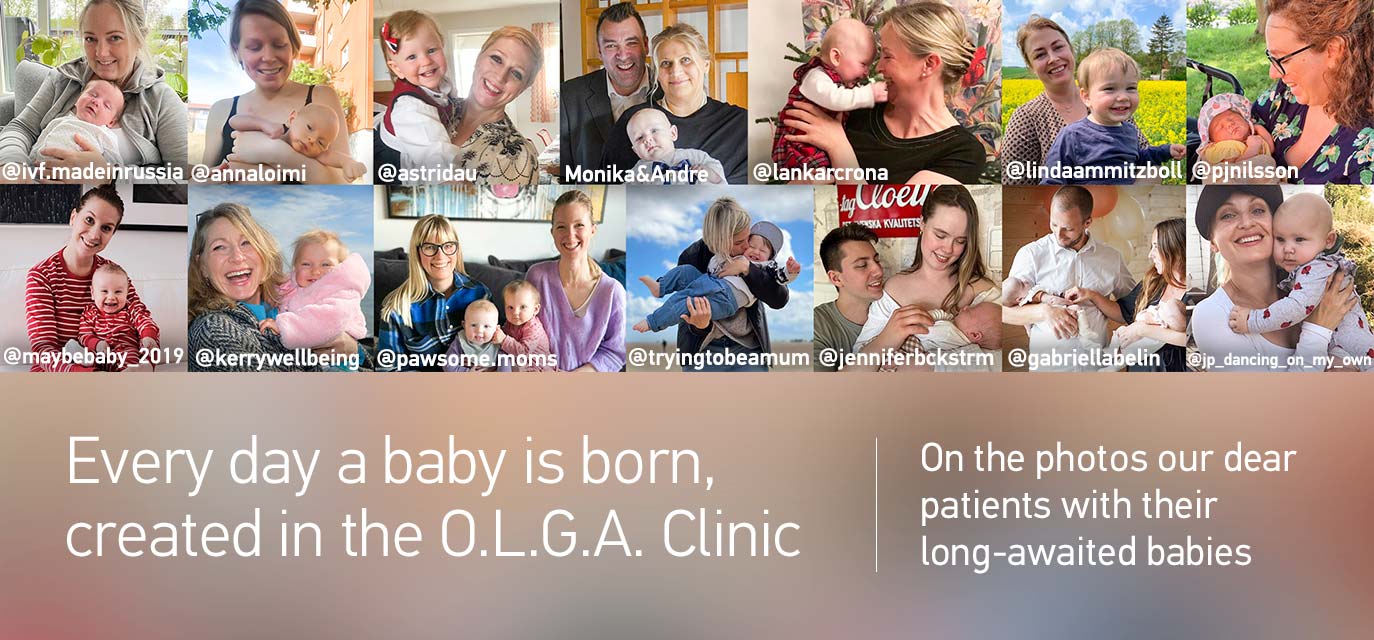

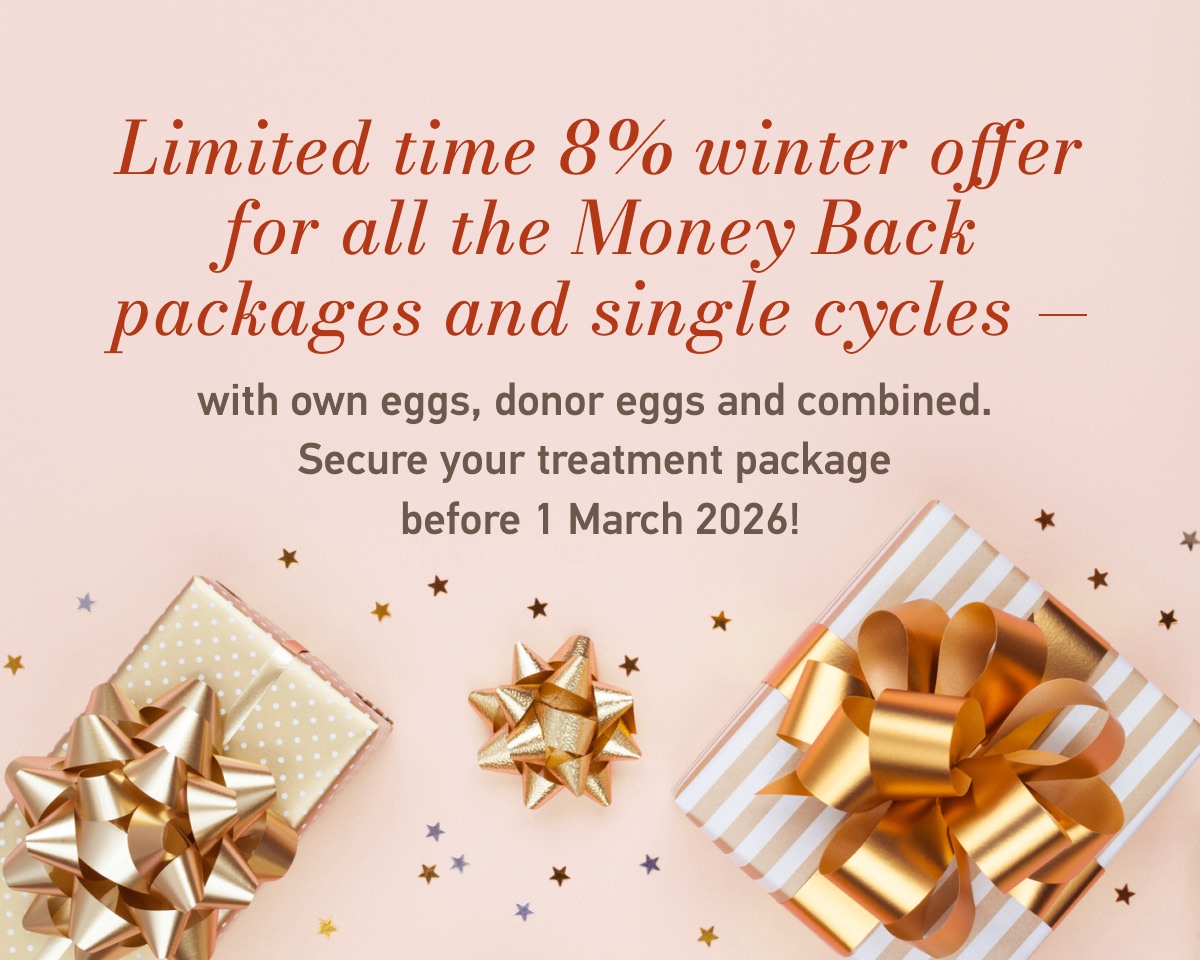
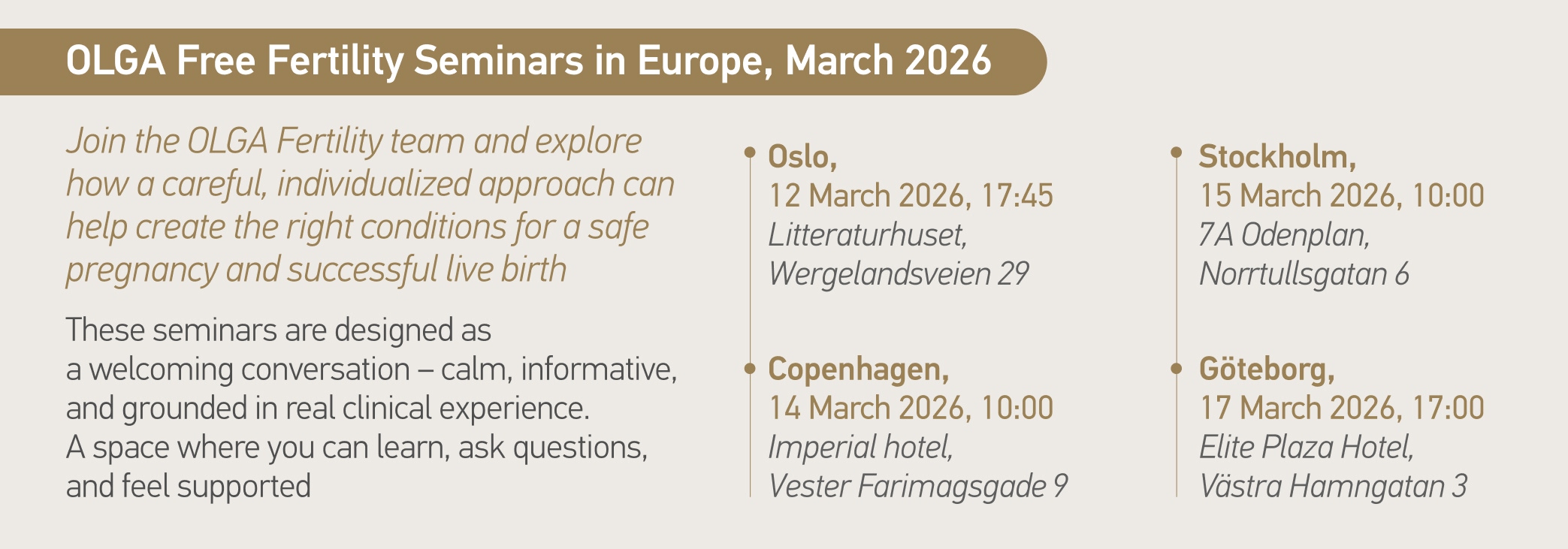
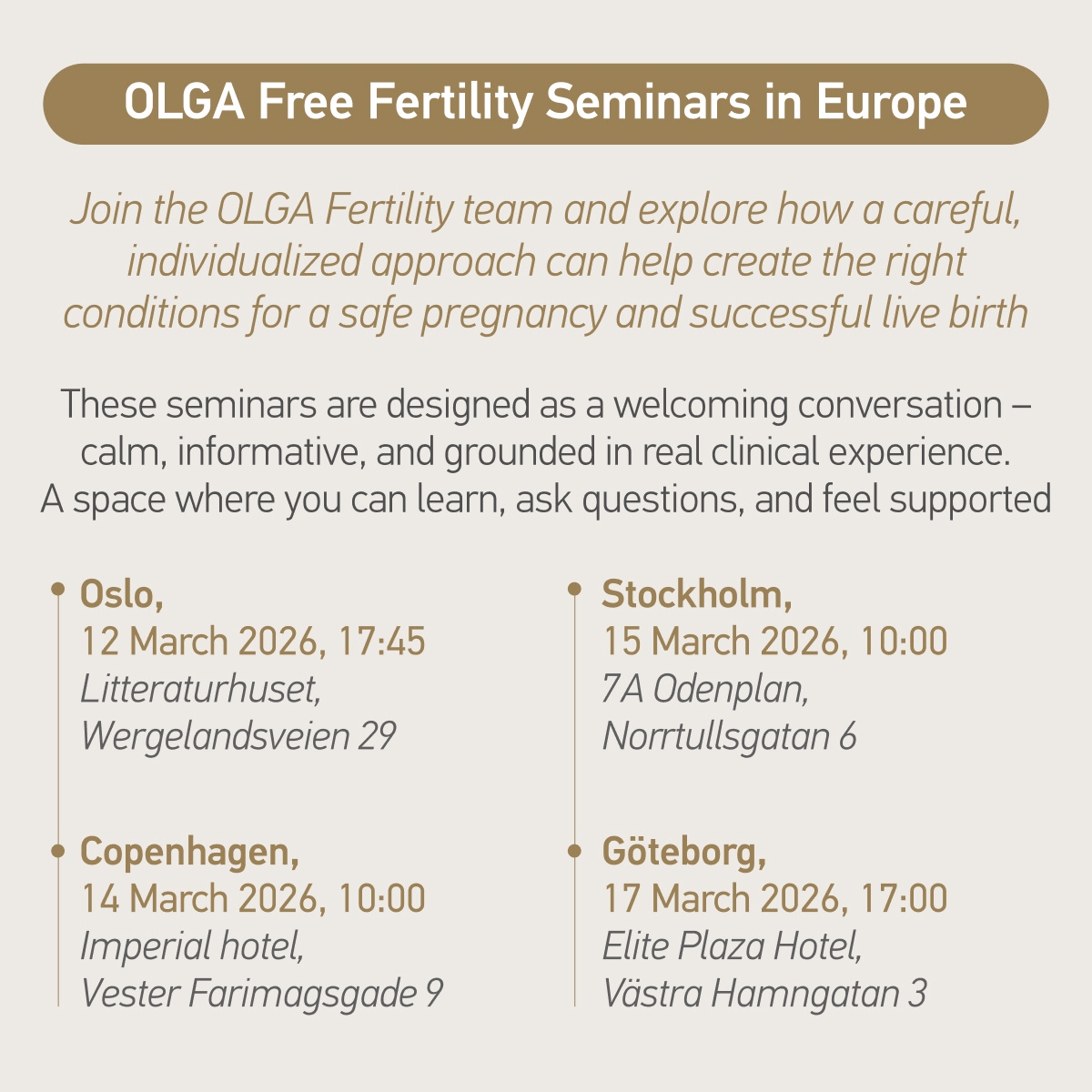
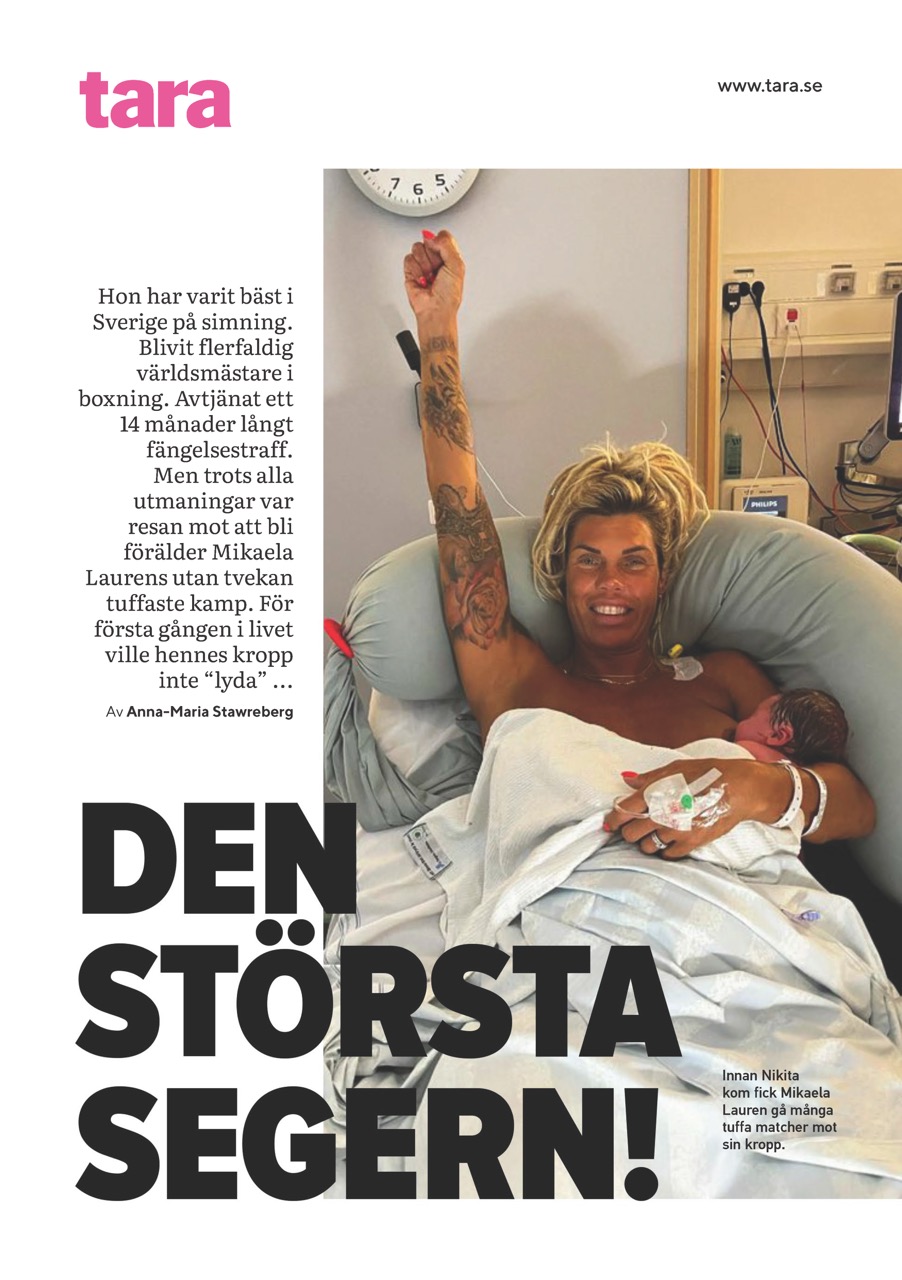
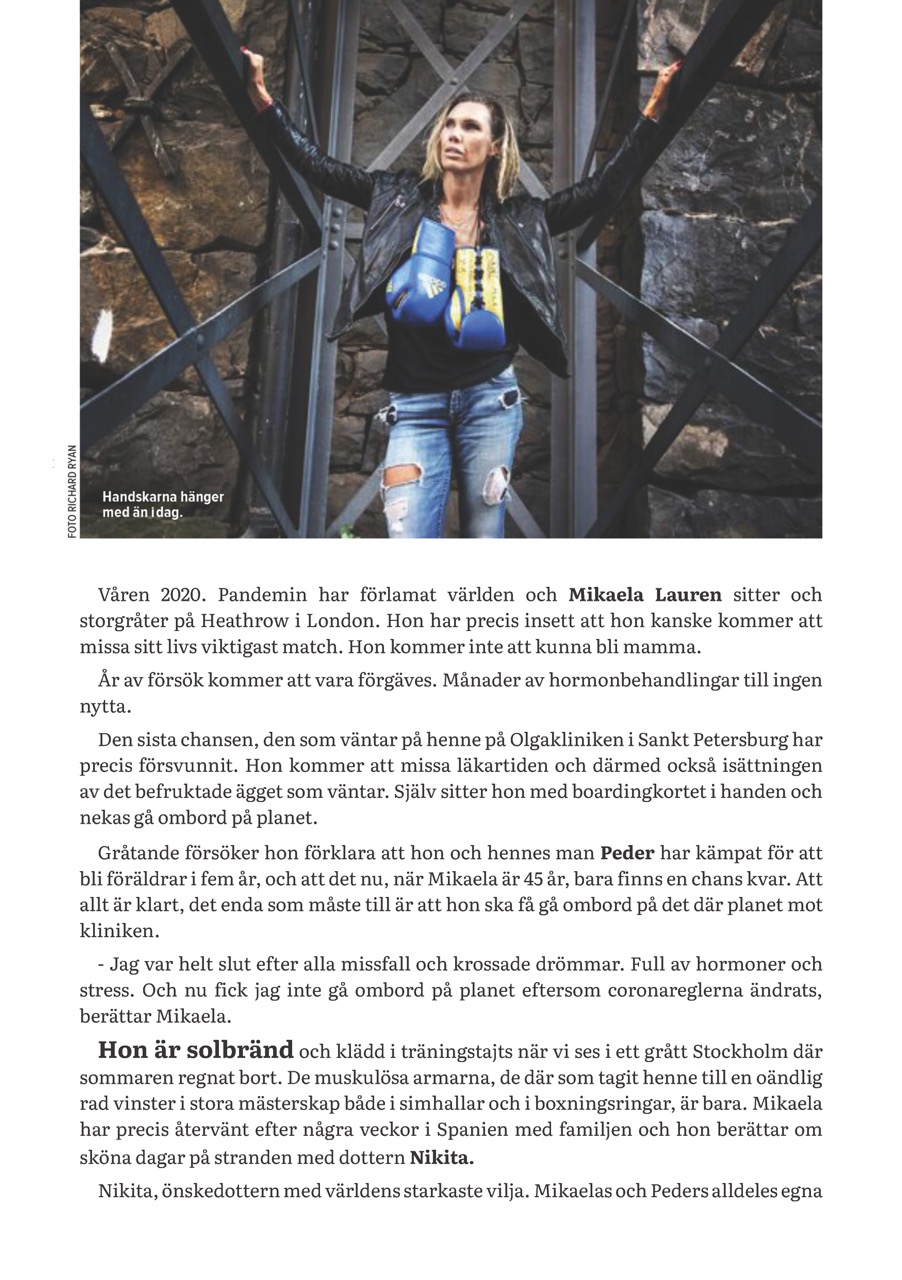
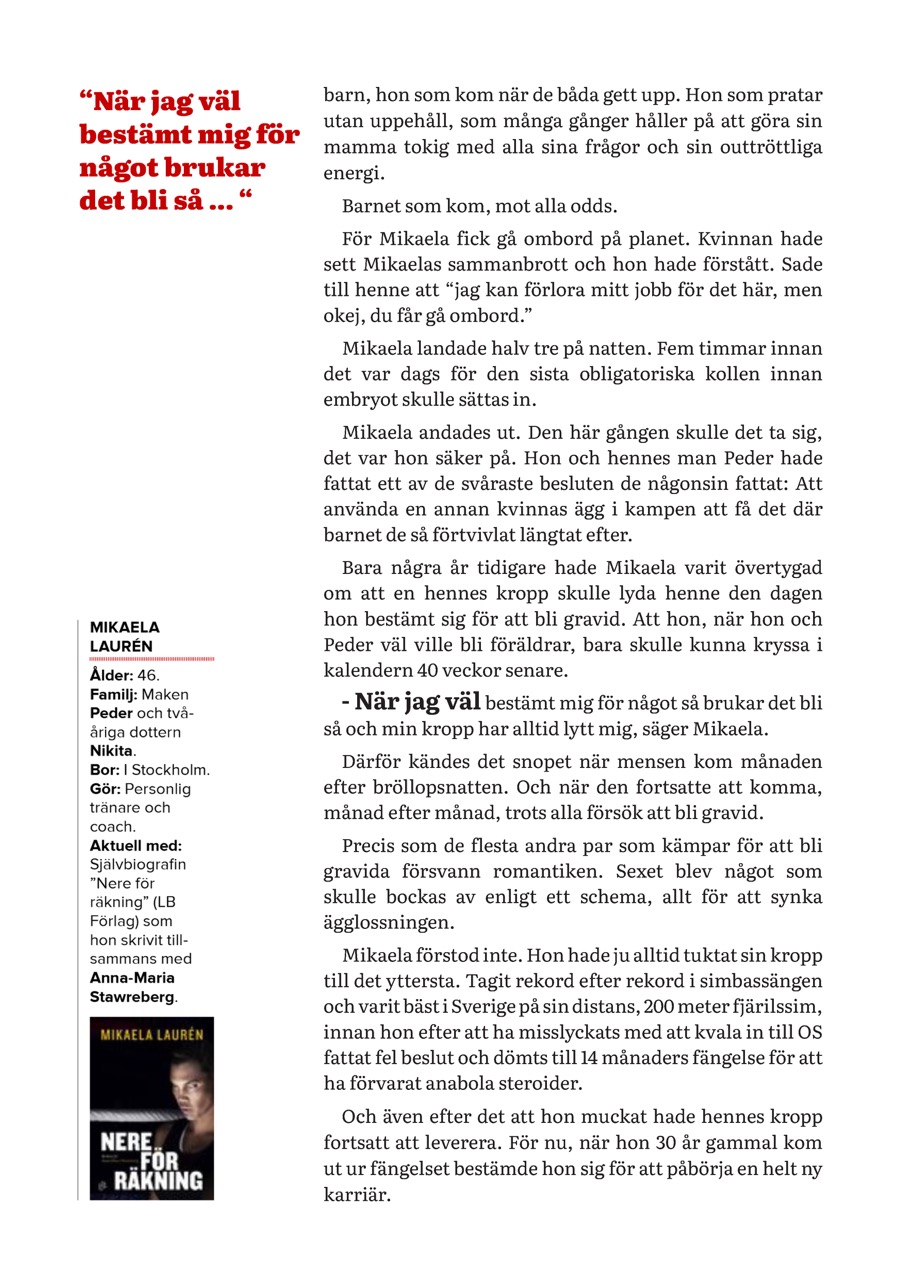
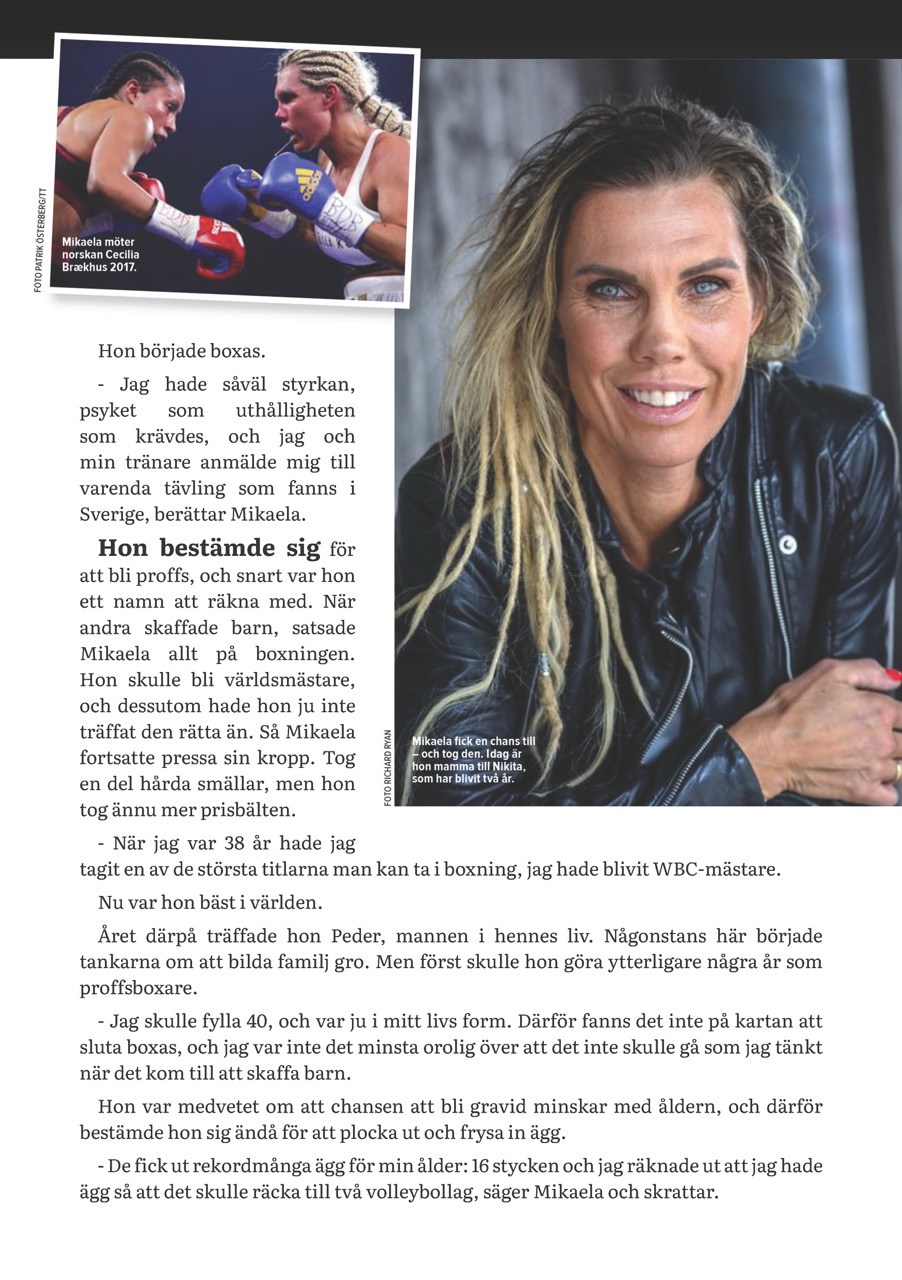
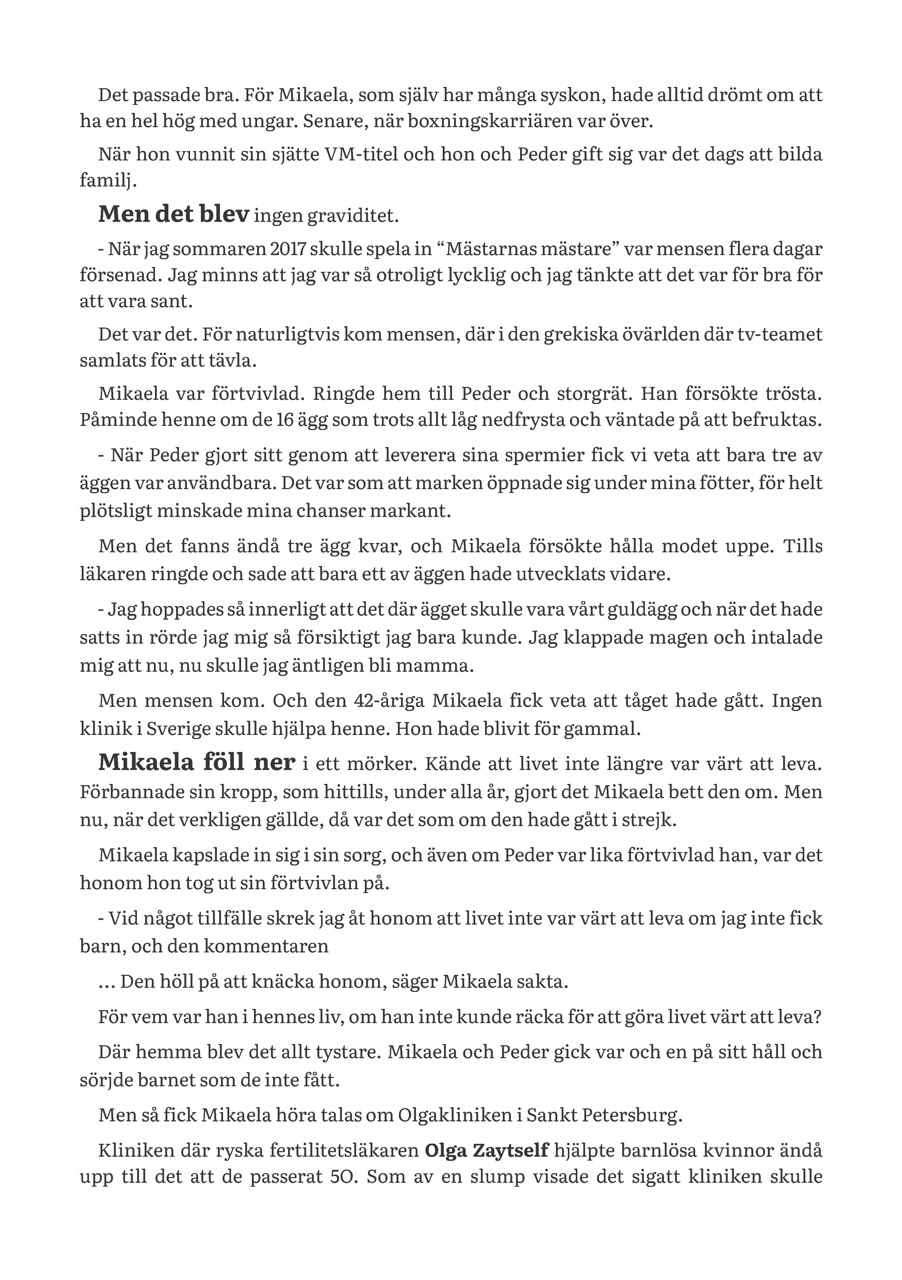
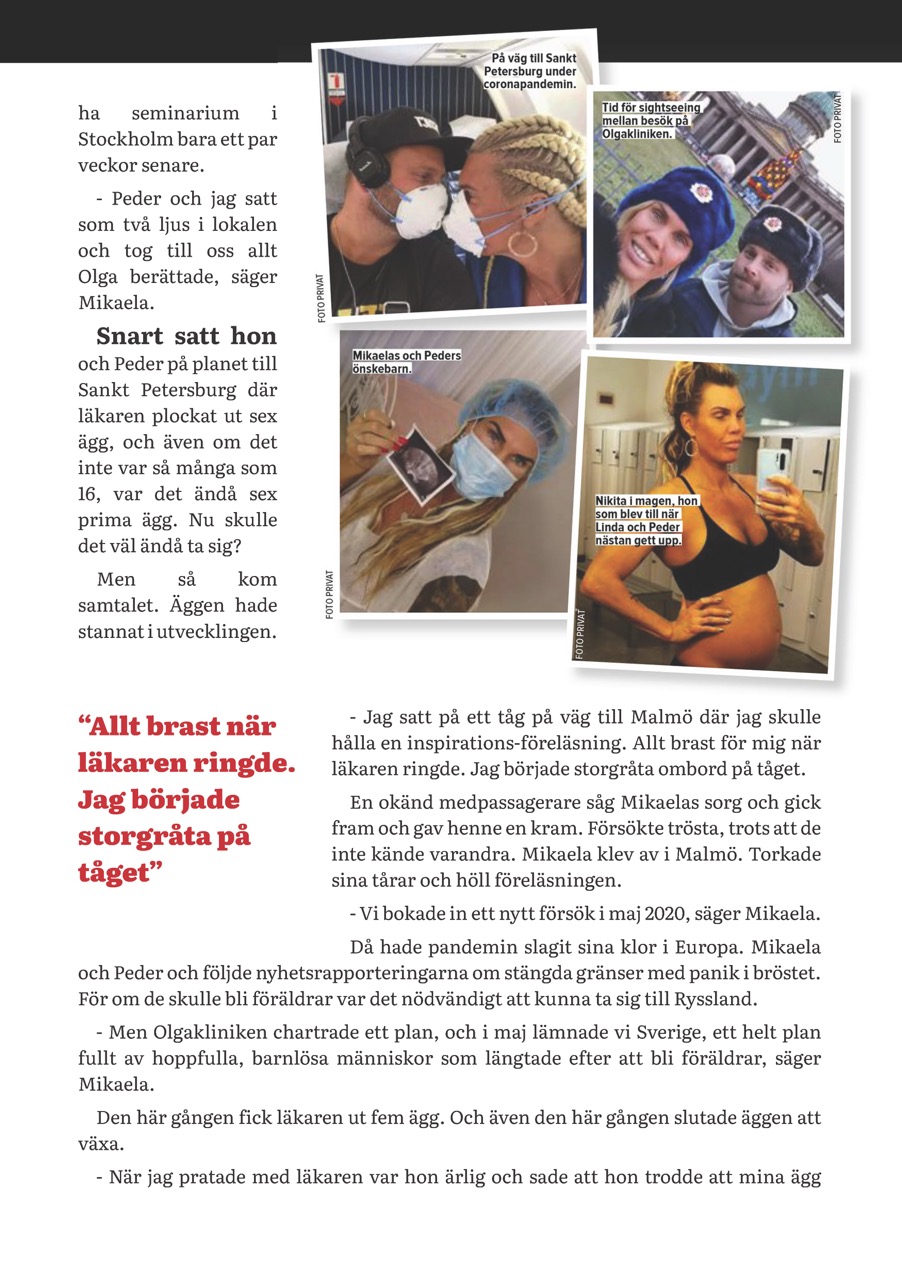
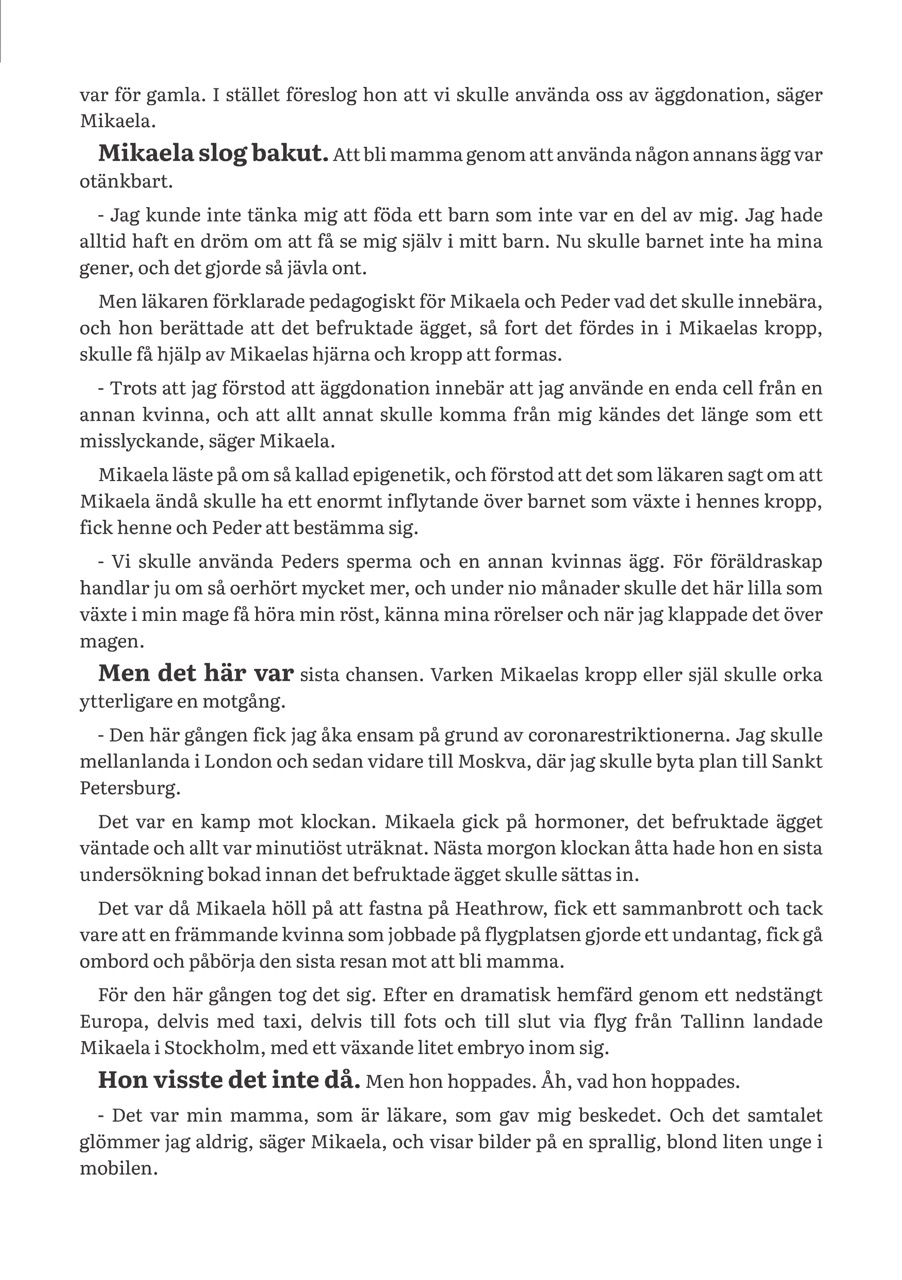
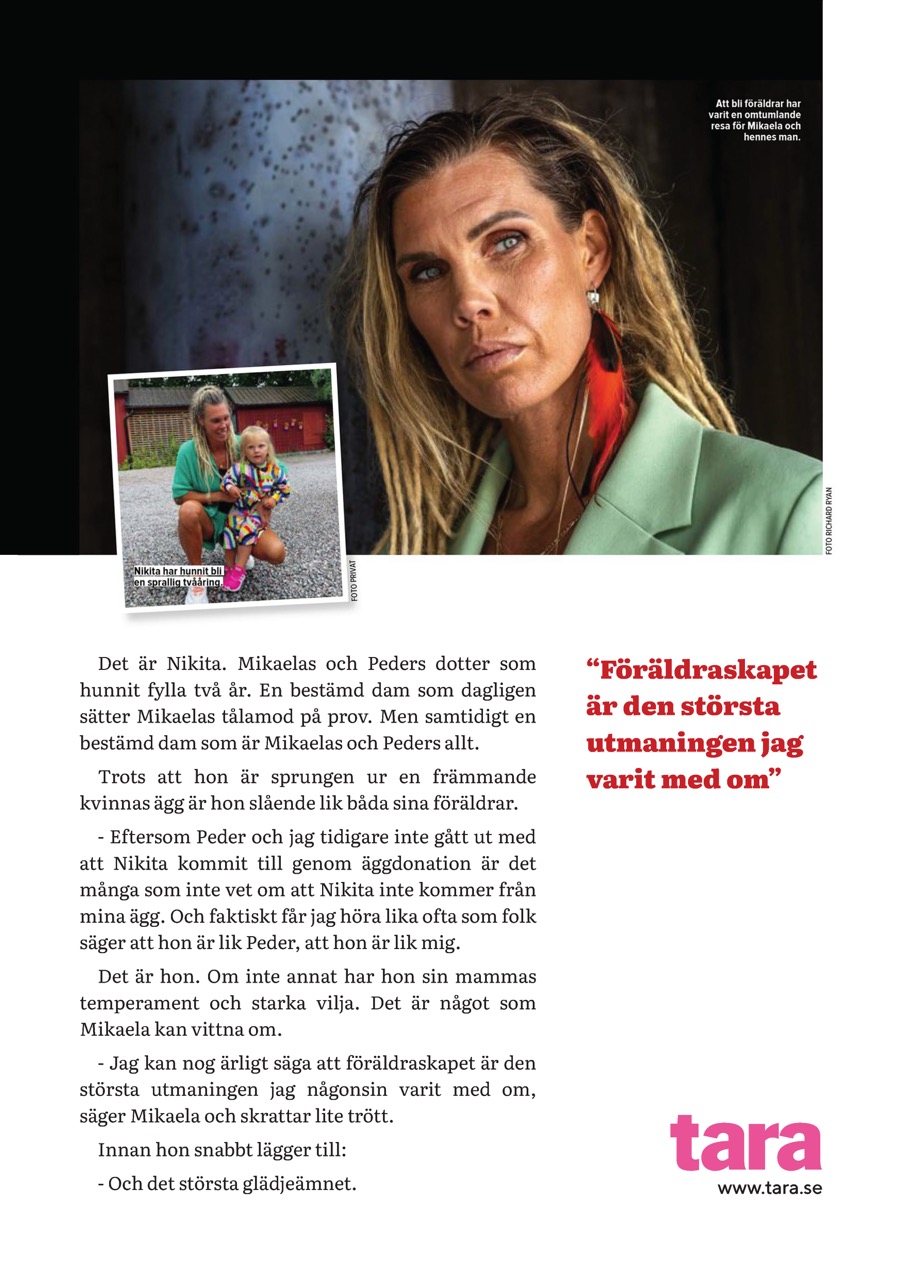


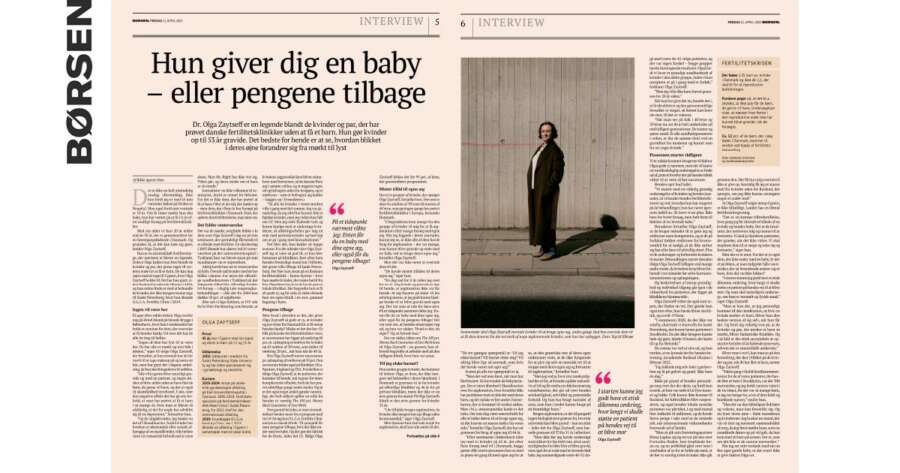
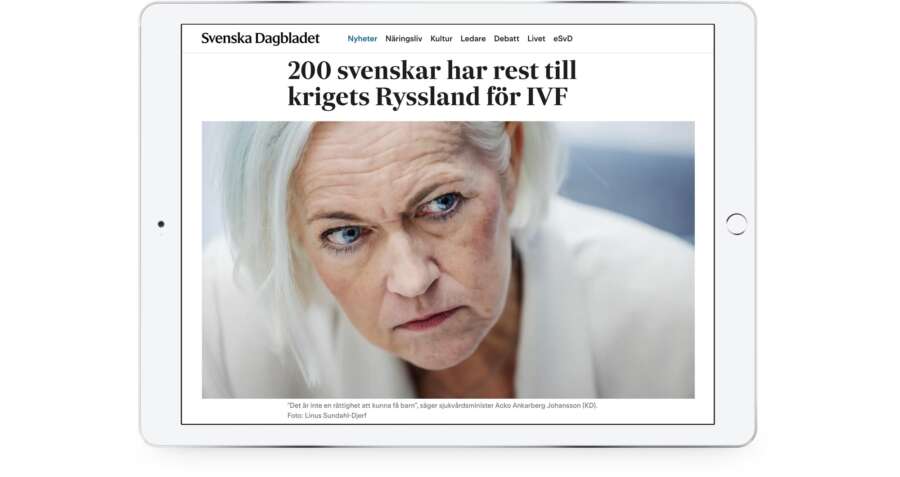
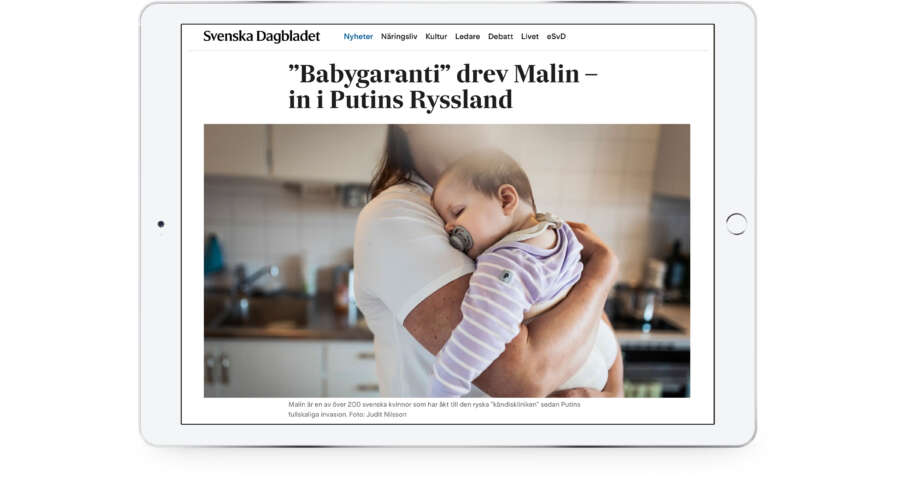
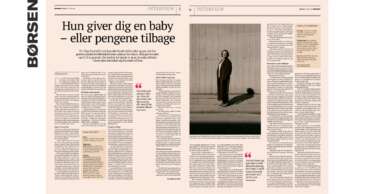
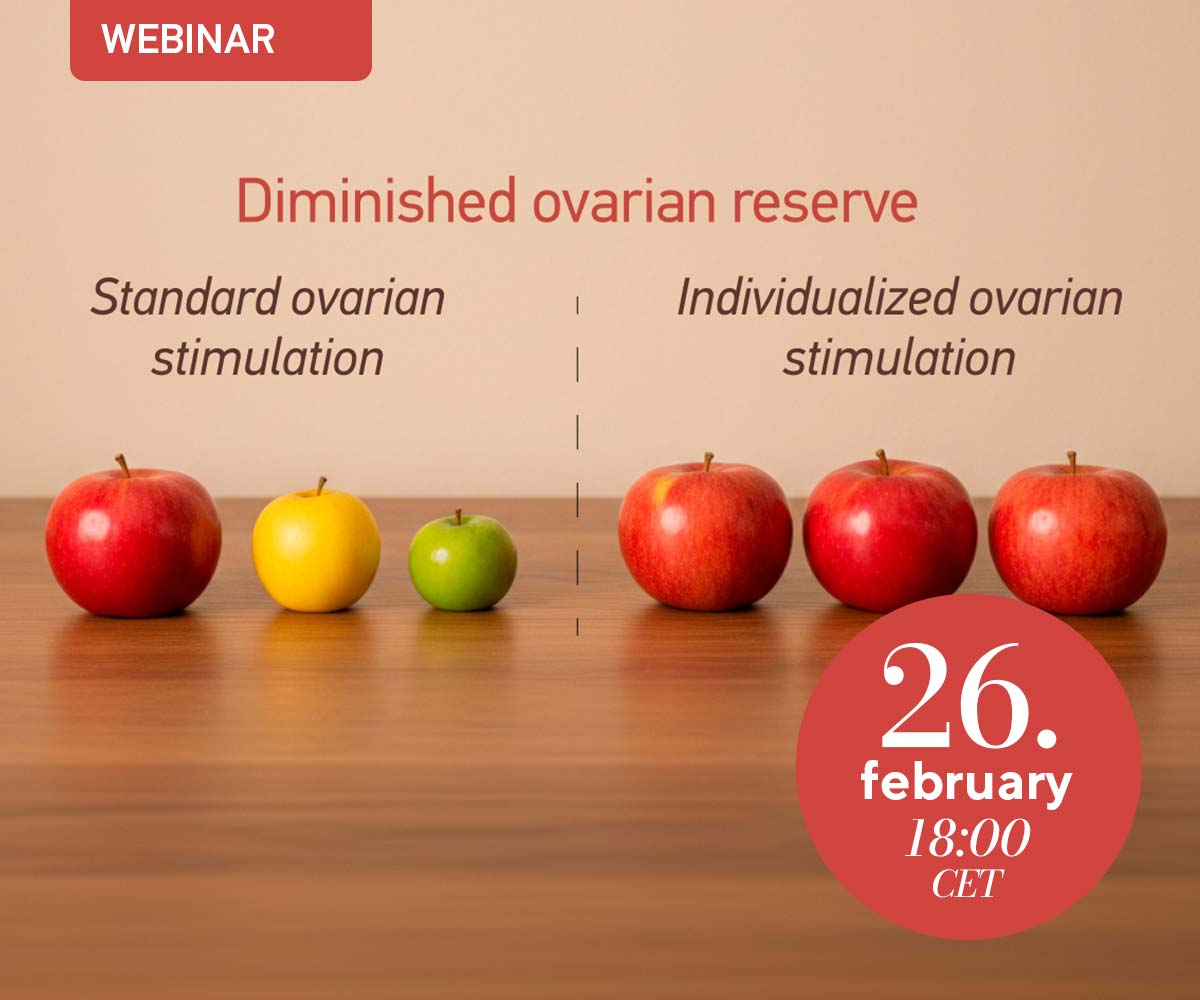
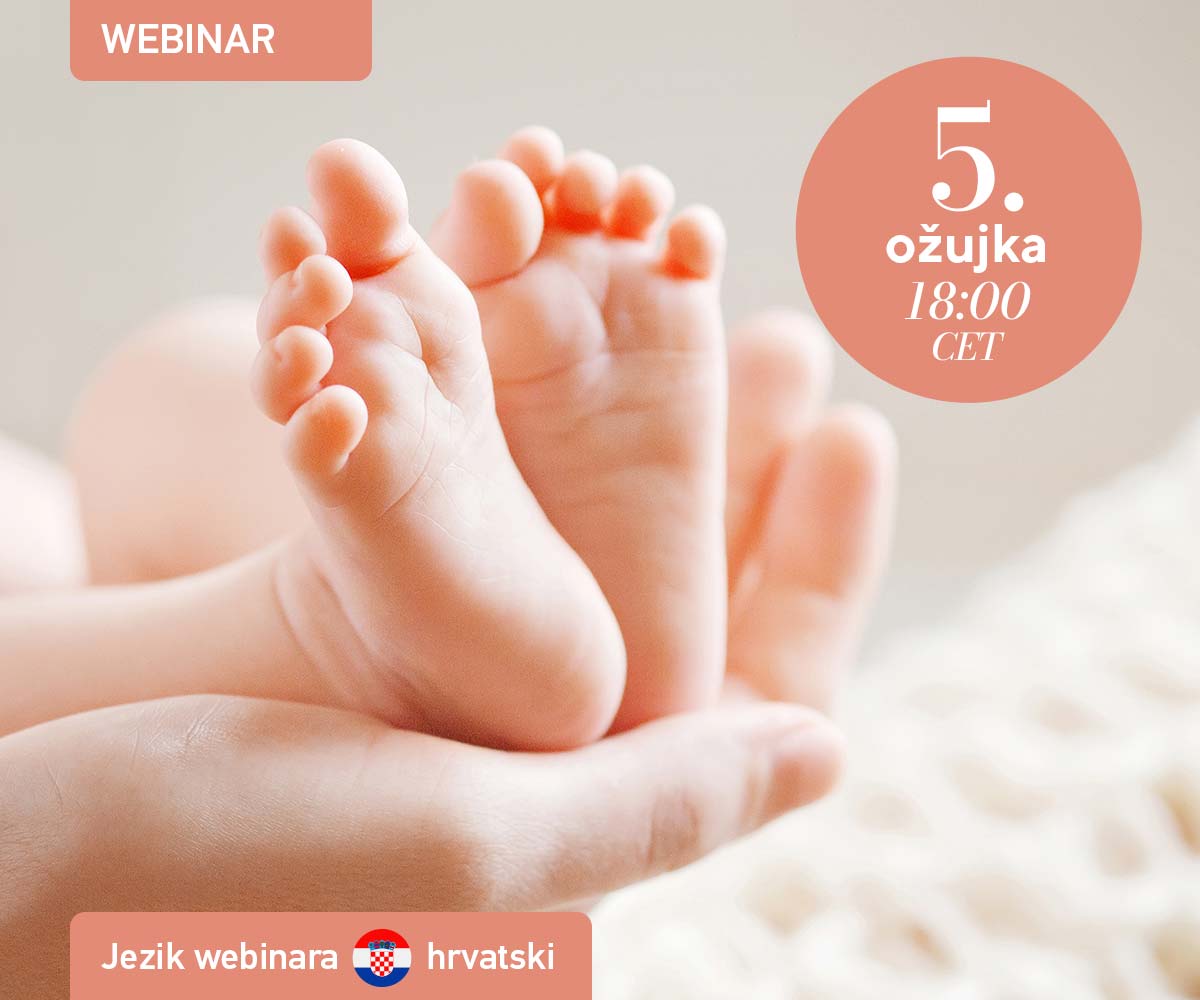
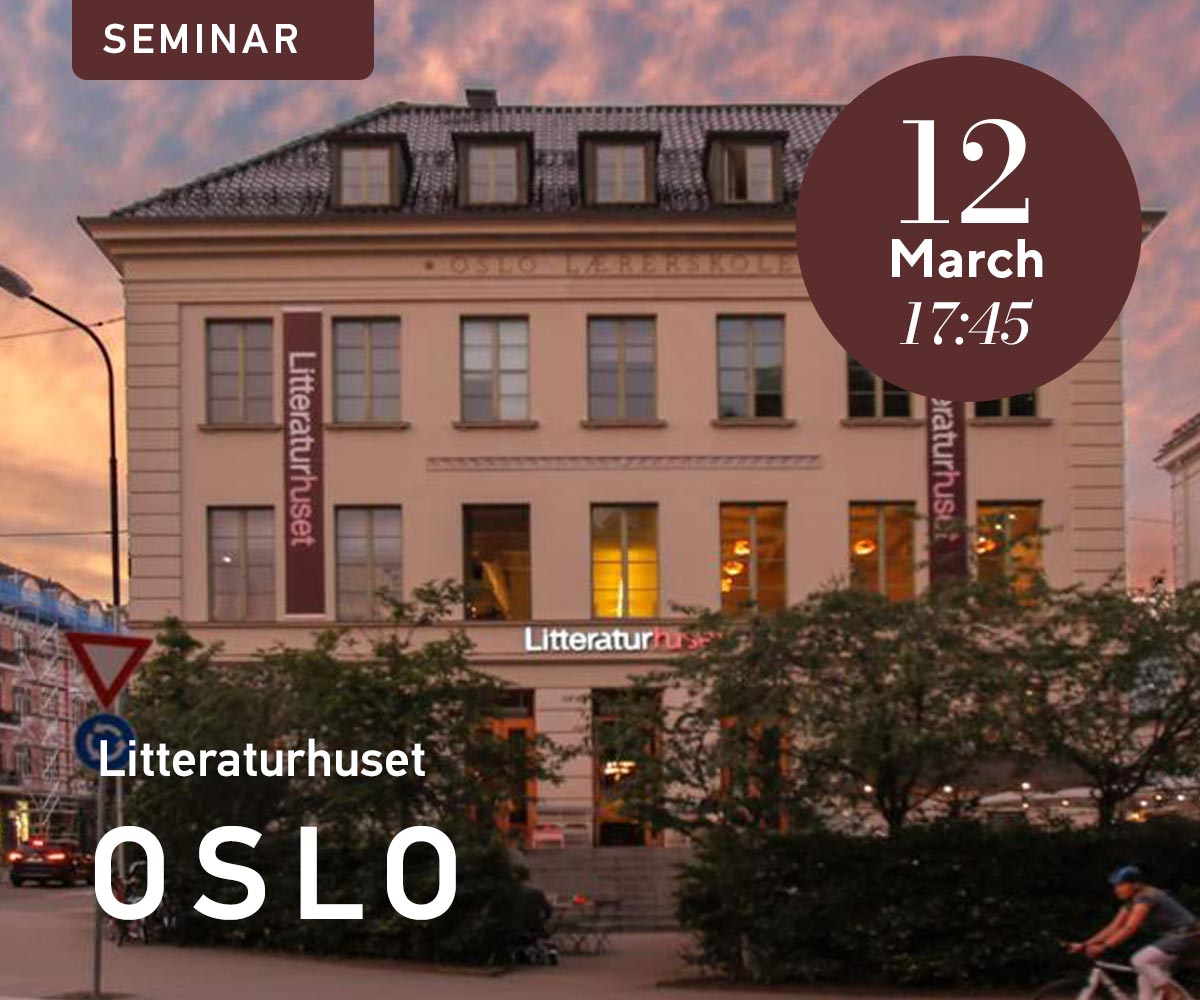
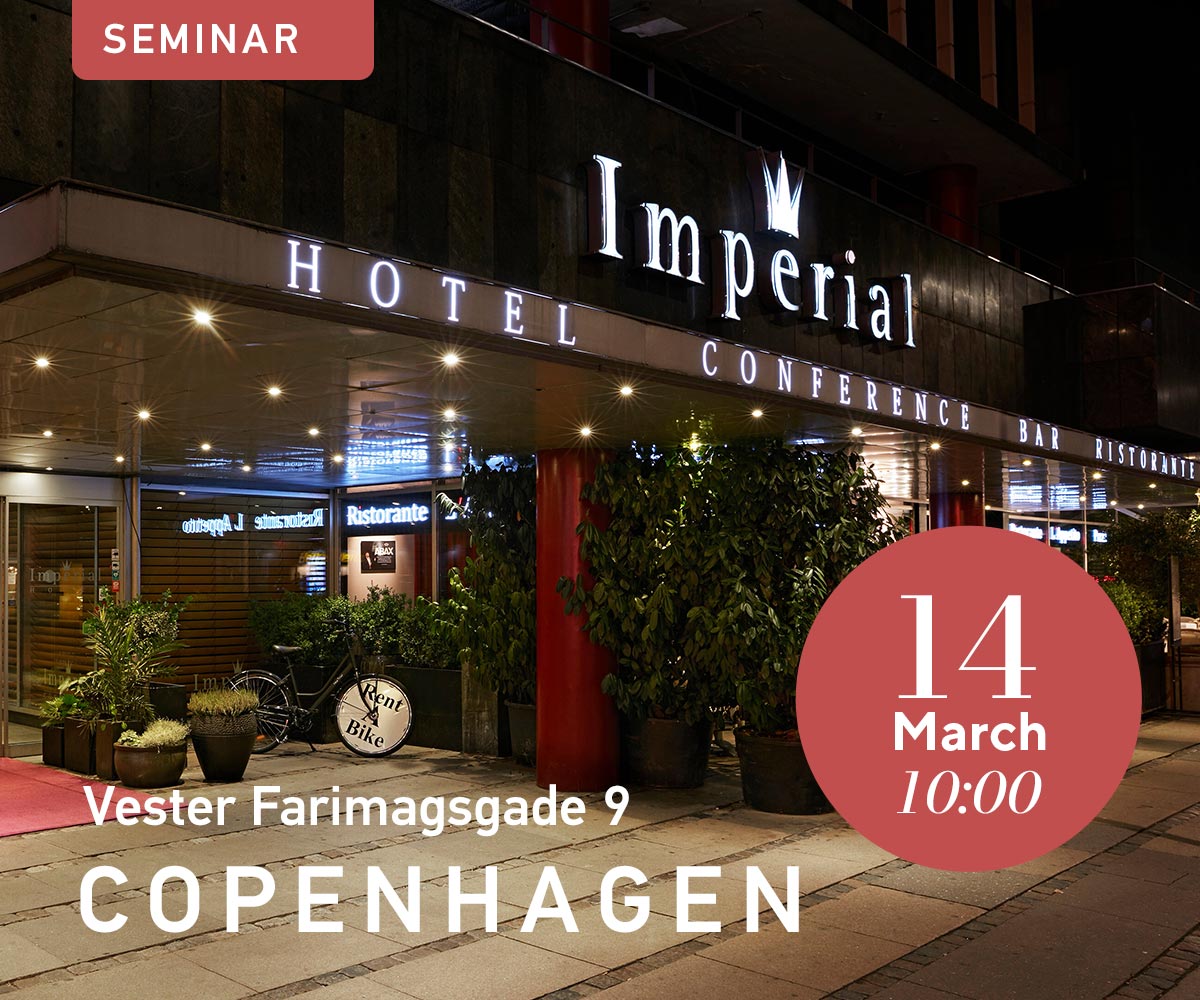
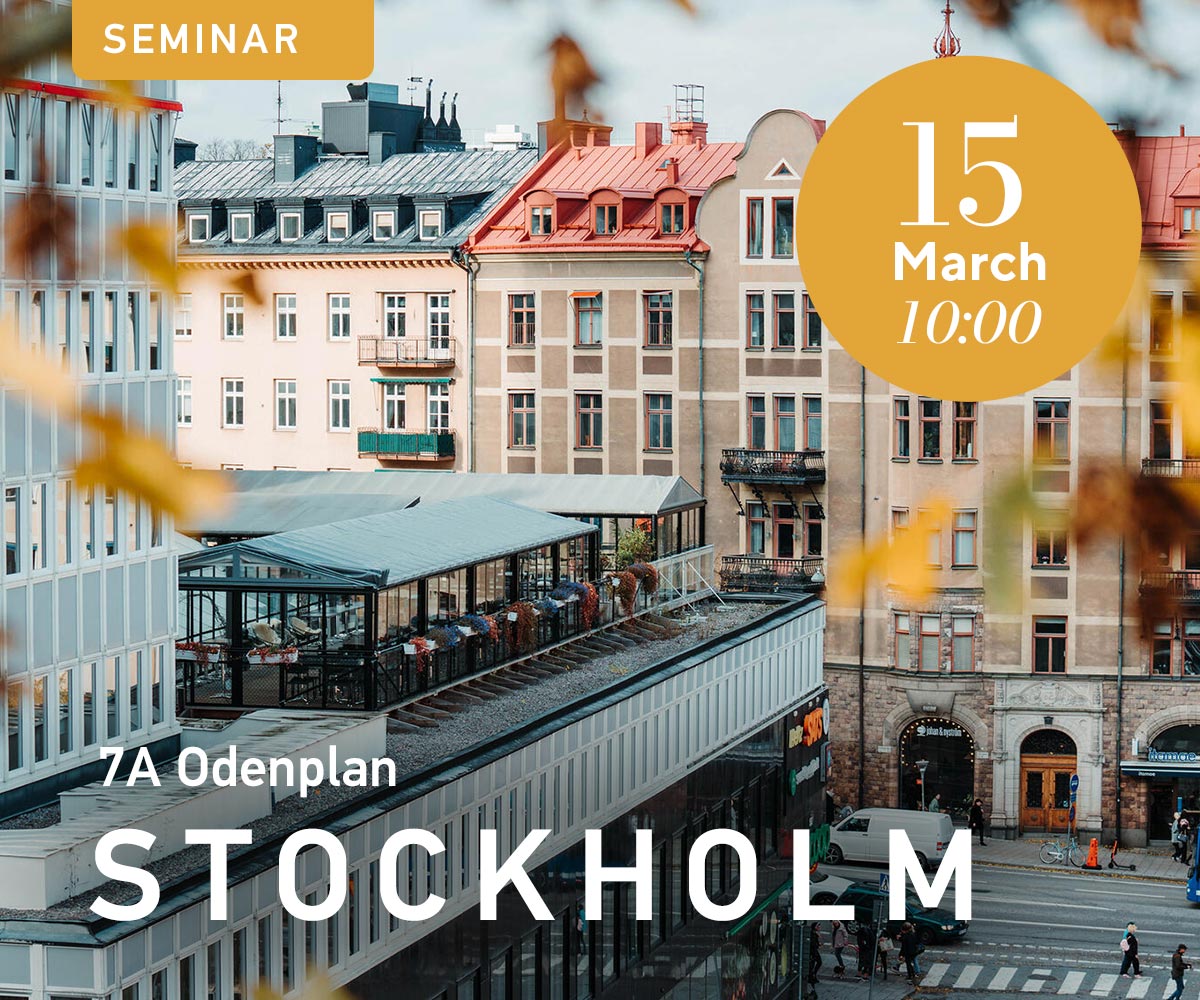
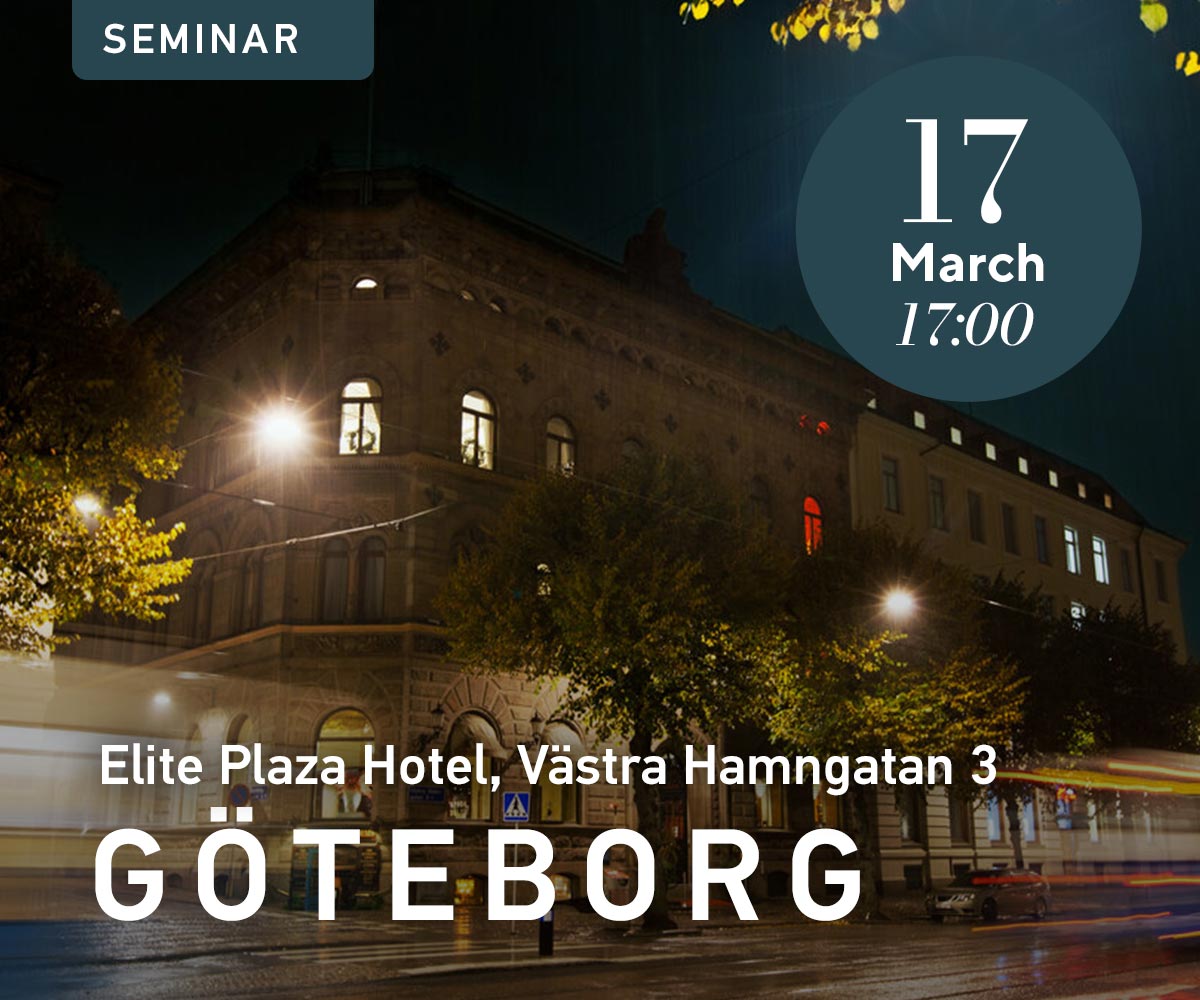
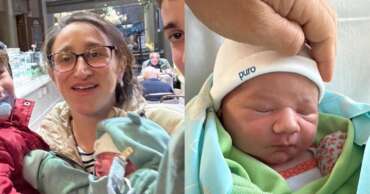
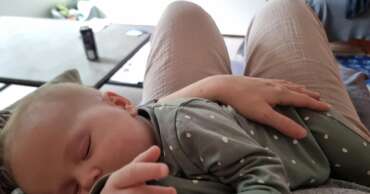
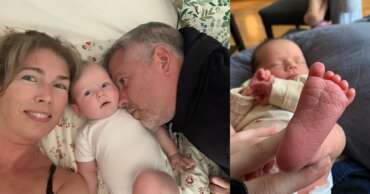
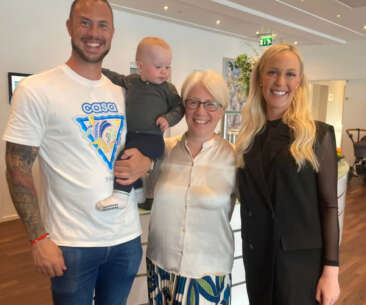
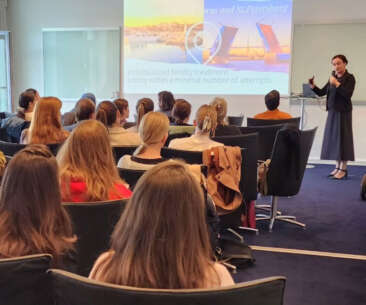
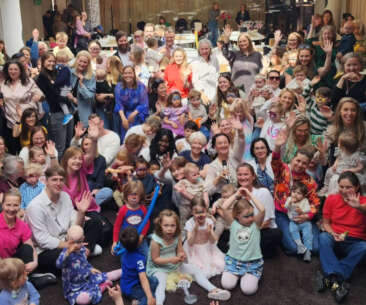
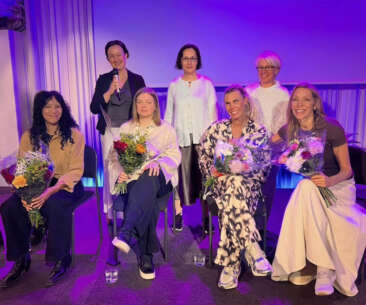
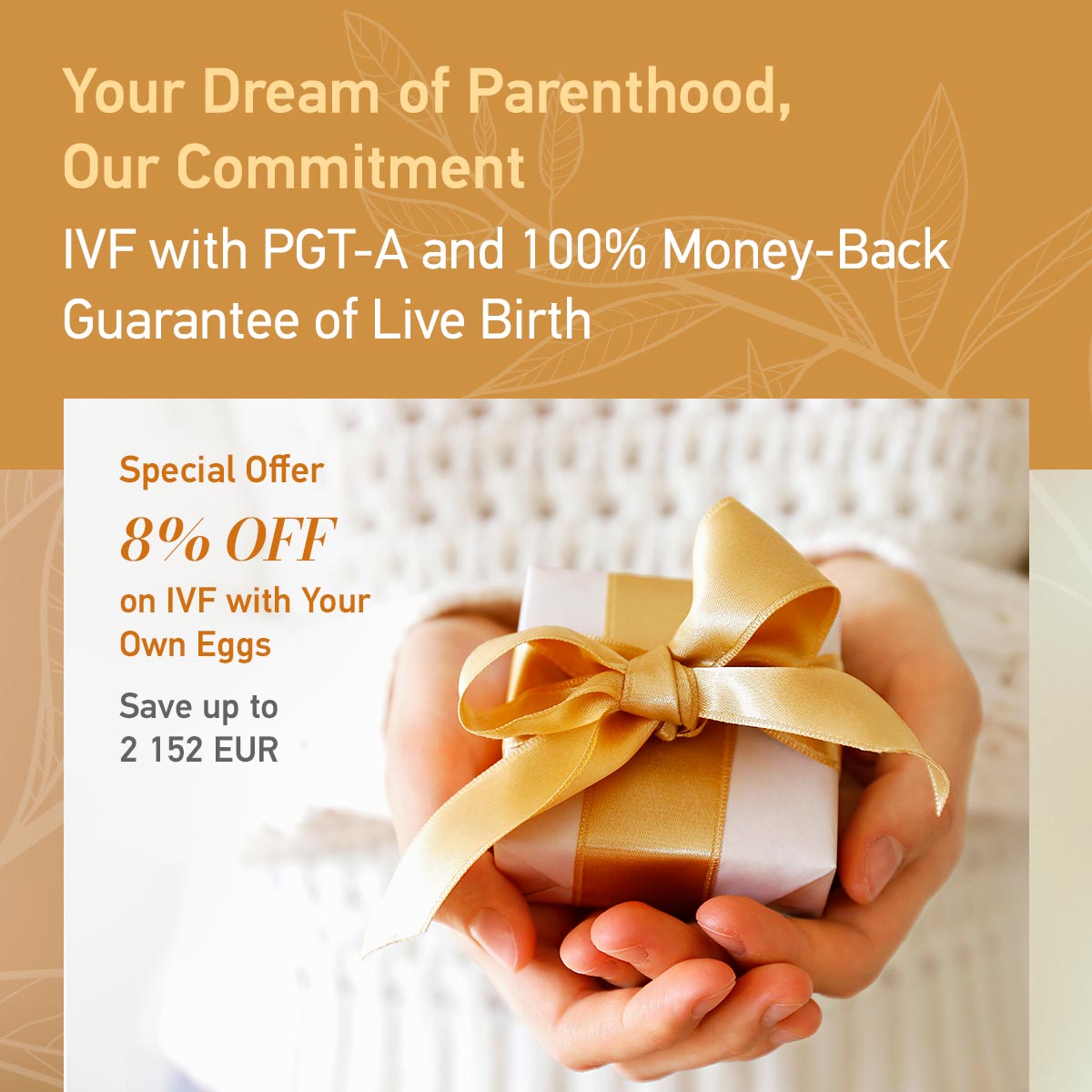
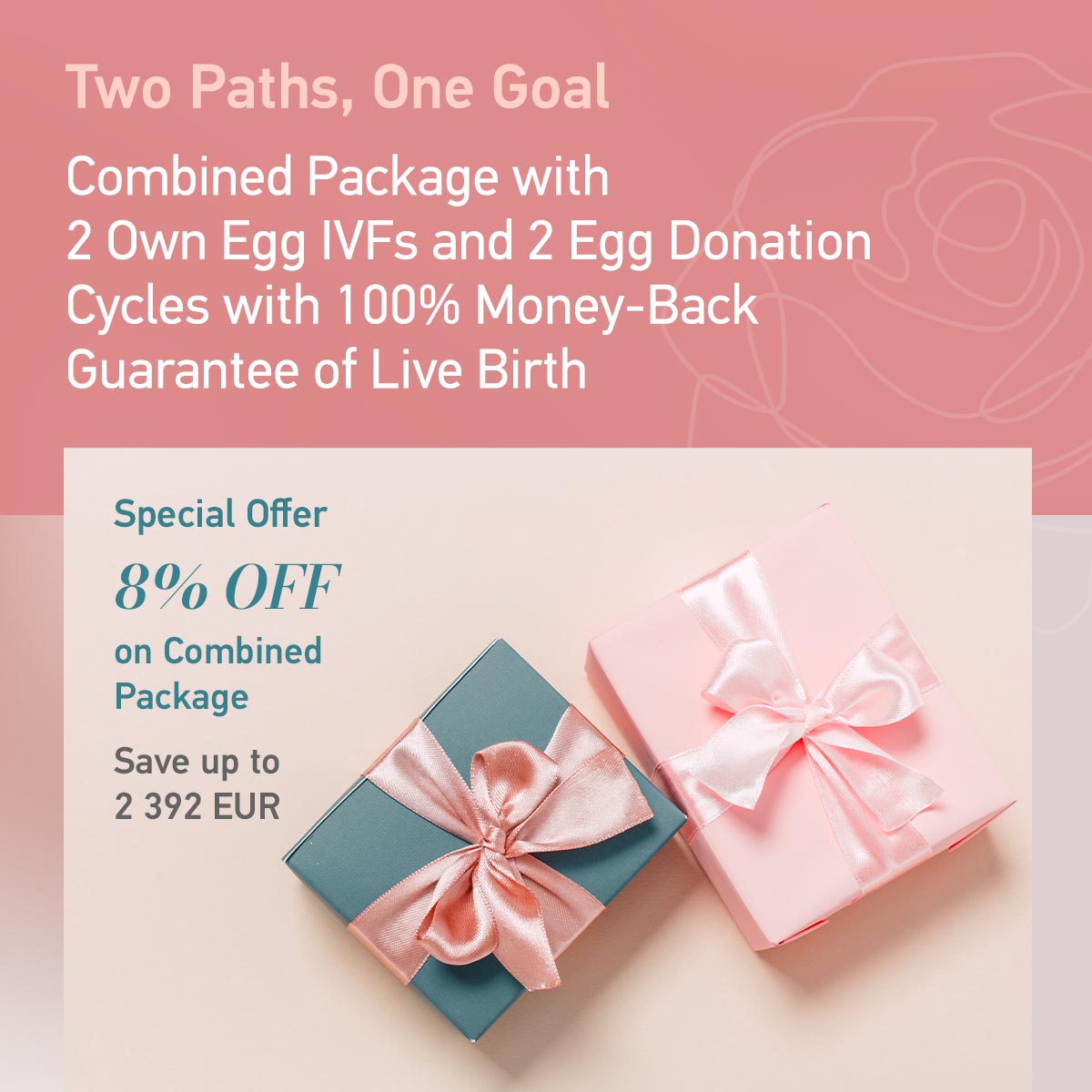
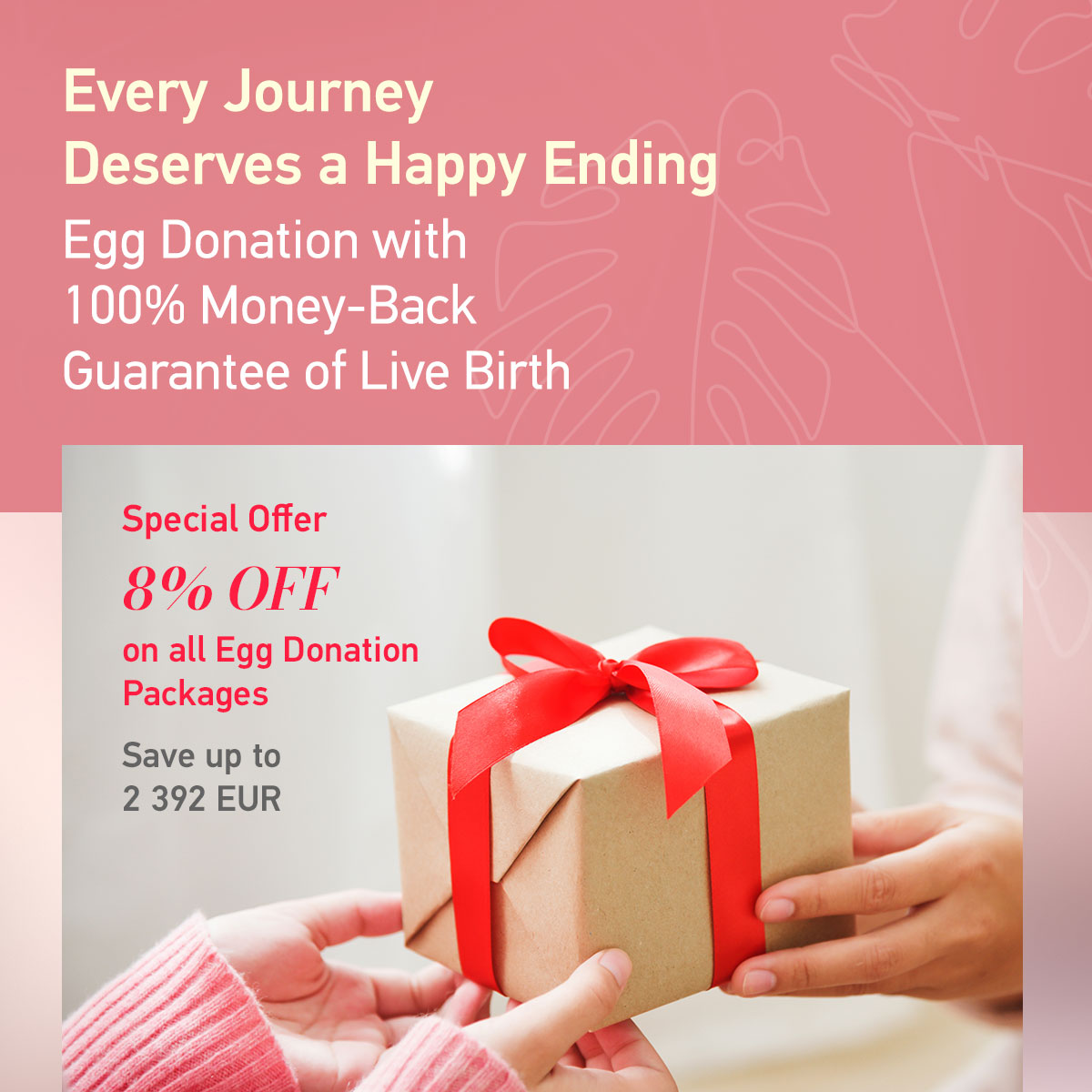



Comments are closed.